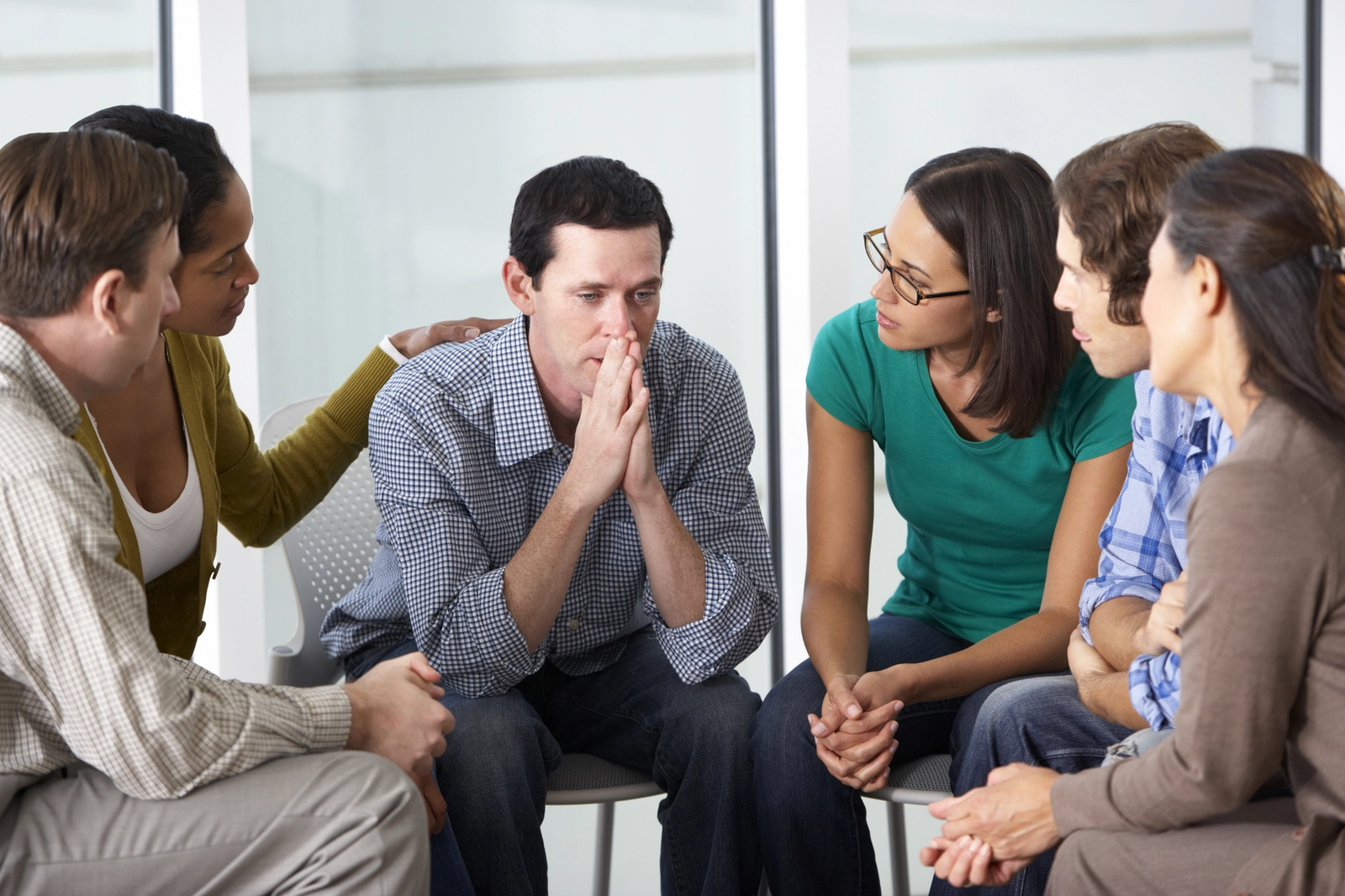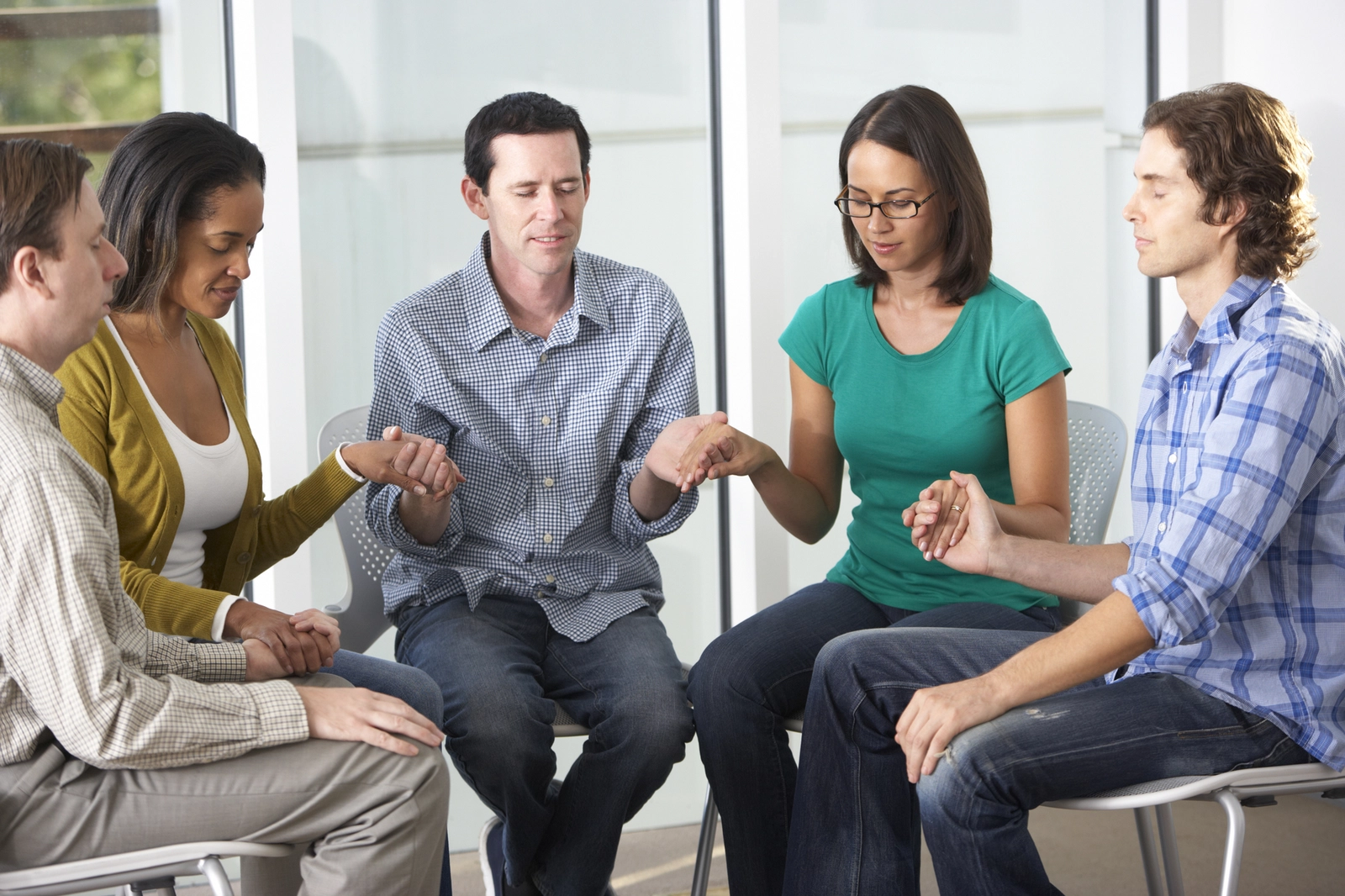Massachusetts Support Groups For Recovery & Healing

- Massachusetts provides a wide range of support groups, community services, and resources for those facing various challenges.
- Recovery is best achieved with a support system. Trying to recover alone is difficult. Connecting with a support group in your community can offer encouragement, accountability, and practical advice.
- There are groups for specific needs like Alcoholics Anonymous (AA) or Narcotics Anonymous (NA), as well as faith-based programs like Celebrate Recovery. SMART Recovery focuses on self-management and personal responsibility.
- Many groups meet regularly both virtually and in person. Resources like the Massachusetts Department of Mental Health or NAMI Massachusetts can help you find a group near you.
- Support groups exist for various challenges, including grief, trauma, eating disorders, and LGBTQ+ issues. There are also resources for veterans, young adults, and survivors of domestic violence.
Recovery and healing happen within a supported community. Attempting to go it alone is far more challenging, lonely, and unhealthy. Connect with your support community in Massachusetts and be supported and empowered in your healing and recovery. Many groups meet regularly in person and online and often offer a drop-in meeting. Find a local support group near you that is a good fit for your needs.
Alcoholics Anonymous (AA, Al-Anon)
Alcoholics Anonymous is for those struggling with alcohol use disorder and their loved ones. They hold to the 12 steps and the 12 traditions as a core framework for their recovery process. A local group meets regularly, usually one or more times per week, and is led by a facilitator.
The purpose of support options like this is to offer and receive peer support, work on coping skill development together, give and receive accountability, training, and more. Caregivers of those in recovery are always welcome and may have dedicated groups within the community. Find an AA support group meeting here.
Narcotics Anonymous (NA, Nar-Anon)
Similar to AA, Narcotics Anonymous has a similar purpose but is aligned more closely with substance use disorder. These peer support groups offer a safe space for participants and their family members to share stories and share emotional support.
NA group meets provide an avenue to practice coping skills, process trauma, and connect with a community of like-minded individuals. This is not merely a launch pad to enhance the rest of your life but a constant presence for your good as you navigate lifelong recovery. Find an NA meeting near you here.
Massachusetts Support Groups At A Local Treatment Center
Local treatment centers often have built-in communities of people in recovery pursuing healing, wellness, and balance. Connecting with a local treatment center gives you direct access to professional healthcare, practical resources, evidence-based treatment, group therapy, a supportive community, and practical life skills training.
This setting allows you to invest in relationships, share in the treatment experience, and offer one another practical and emotional support. Most treatment center community groups are tied into formal treatment programs and their Aftercare programs but are designed to follow you into a new phase of life.
Treatment is a natural environment for building a safe and healthy future, and support groups are a foundational element of successful recovery. If you’d like to learn more about the treatment process, reach out today.
NAMI Massachusetts (NamiMass)
NAMI Massachusetts is the National Alliance on Mental Illness and offers peer support and education programs for those with mental health symptoms, mood disorders, and more. The peer support groups for substance use and alcohol use disorder are the NAMI Connection Recovery Support Groups and are led by NAMI-educated facilitators.
This is a safe environment, free of judgment, where someone can be fully transparent and open with oneself and one’s peers while navigating a challenging time. NAMI also offers the NAMI Peer-To-Peer group, which is a concentrated 8-week program for empowerment in recovery. This organization also has the Compass Helpline at NAMI Massachusetts, which is a dedicated helpline for immediate support and access to resources. Learn more about NAMIMass groups here.
SMART Recovery
SMART Recovery is the organization for Self Management and Recovery Training (SMART). It’s a therapy-forward recovery program where you’re empowered and equipped to take ownership of your recovery and where your autonomy is honored. The evidence-based approach used here focuses on practical solutions and accountable action.
Participants will engage in Rational Emotive Behavioral Therapy (REBT) and Cognitive Behavioral Therapy (CBT) sessions to cultivate motivation for recovery, break down harmful thought and behavior patterns, build coping skills, learn mental and emotional management, and be equipped to lead a healthy, balanced life. Find a SMART Recovery meeting near you here.
Celebrate Recovery
Celebrate Recovery is a faith-forward, Biblically-based community program that emphasizes grace in recovery. Fueled by a central focus on God’s love and spiritual healing from within, participants are transformed, renewed, and hopeful.
The global ministry has group offerings for everyone struggling with a variety of addictions or experiences, from substance abuse, co-dependency, cultural communities, and First Nations people groups to mental health, children, those in correctional facilities, students, pastoral staff, and veterans. Learn more about Celebrate Recovery events, groups, and meetings here.
The Phoenix National Sober Active Community
The most natural way to get the support you need is to belong to a community of like-minded people, all pursuing a similar goal and living a sober lifestyle. The Phoenix is an active recovery community that blends adventure with healing.
Each week across the country, they host hundreds of support group meetings, art, cycling, climbing, group fitness, outreach events, team sports, hiking, meditation, yoga, music events, running club, social activities, CrossFit, seasonal sports, and more. They also offer virtual meet-ups when you can’t make in-person events. Find local meetings of The Phoenix community here.
State-Sponsored Massachusetts Support Groups
The Old Bay state cares about its people. The state agencies are well-connected and have created a wide range of peer support groups, community services, provider-led groups, LGBTQ+ groups, parent and caregiver groups, groups for adolescents, support for those with disabilities, housing resources, and more.
With so many options right in our own backyard, the help you need is within reach. Connect with people navigating a similar circumstance and build a network of friends and mentors you can trust. You can search by type of group or location to find a group near you here.
Other Massachusetts Support Groups and Resources:
- Grief Support: Grief at the loss of a loved one is so challenging to navigate alone. You’re experiencing loneliness, fear, sadness, and a whole mix of new or difficult emotions. HopeHealth is a hospice and palliative care organization that offers grief support groups in Massachusetts. Learn more here.
- Veteran Support: Life post-military service can feel like starting over in unfamiliar territory and without the strong brotherhood so essential during active service. Veteran support groups help with anything from housing and employment to trauma and connection. See resources and groups at the New England Center and Home For Veterans and Massachusetts Executive Office of Veterans Services.
- LGBTQ+ Support: Living an alternative lifestyle can be isolating, making community support even more critical. Find hope, belonging, and support at Bagly, NAMIMass, and MassBATS.
- Eating Disorder Support: There is much fear and shame associated with eating disorders, and it’s crucial to get the right kind of help and guidance that doesn’t influence further harm. Find in-person peer support groups and resources from a myriad of providers and organizations here and virtual support groups from the national non-profit ANAD here.
- Trauma Support: Traumatic events leave a mark that can last a lifetime without compassionate intervention. Find local support from Emotions Anonymous or Cambridge Women’s Center and virtual support groups from Pay What You Can Peer Support (Healing & Recovery From PTSD & Trauma).
- Young Adult Support: When you’re young, you feel unstoppable, but when life hits you sideways, it’s easy to feel lost, alone, and hopeless. But there is practical help and advocacy available to help guide your path. The state of Massachusetts Department of Mental Health offers state-wide peer-to-peer support groups for young adults navigating recovery or dual diagnosis.
- Domestic Violence Support: Domestic violence and sexual assault survivors need a trusted circle of support to maintain safety and pursue a brighter future. Find DV support groups and resources at the Young Women’s Christian Association (YWCA) of Central Massachusetts, Jane Doe Inc., and Speak Your Truth Today (SYTT Facebook Group).
- The Massachusetts Behavioral Health HelpLine (BHHL): Connect directly with clinical support when you need it most, 24 hours a day, 7 days a week, and 365 days a year. Call or text 833.773.2445 or chat live at masshelpline.com.
- Adoption & Foster Care Support: Adopting and raising children from foster care or growing up in the foster care system is a unique experience with challenges many don’t understand. Get support from those who do, virtually or in person, at AdoptUsKids, Massachusetts Society for the Prevention of Cruelty to Children, state-run services, or Foster Care to Success.
Frequently Asked Questions About Massachusetts Support Groups

